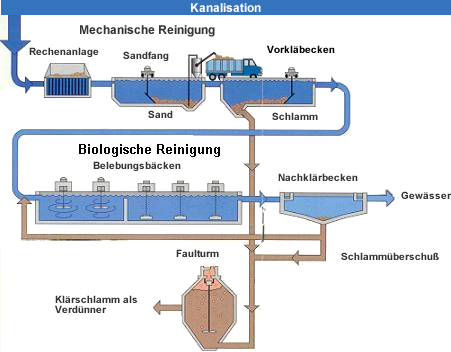Teaser
Fossil fuel (fossiler Brennstoff) was firstly mentioned by Andreas Libavius, a german physician, in 1597 and later used by Mikhail Lomonosov, a russian polymath (man with high knowledge at different subjects) and scientist, in 1757. The term "fossil fuel" was firstly used by Caspar Neumann, a german chemist, in 1759. Fossil means, that it is obtained by digging into the ground.
More...
Here you have a overview for the «6 R’s»:
More...
As an example, I wanted to use my phone. The charger uses 45watt. So if I charge my phone for arround 3 hours daily, which I think is normal for me, then I use 0.135kwh! (45 * 3 = 0.135).
With 0.135kwh, I could turn on my led stripes for arround 100+ hours!
Another example would be my car. If I drive 3 hours straight, it would use 720kwh, as it has 240+- kw.
The calculation for kwh is:
Watt x Hours
Here you have a little crossword about soil:
Link to crossword
We live in a quite big flat. Our normal heat source would be oil but in 2017, we built a wood heating source. We only have to use a little amount of wood to last for at least 1 week! Its a cool way to heat our house as you even can cook some food like a pizza in a integrated oven on the right side
.
Our group is focusing on the 6th step of an water treatmant plant, which is the cleaning part. We divided the steps in more sub-parts;
- Mechanical cleaning
- Biological cleaning
- Chemical cleaning
We want to explain how these steps work and what is done in each step.

The ARA Wetzikon is a water treatment plant located at the edge of Wetzikon.
it is designed for arround 37k peoples, but is allready used arround 120%!
The ARA Wetzikon also treats water for Hitnau and Pfäffikon.

https://www.wetzikon.ch/verwaltung/bau-planung/tiefbau/stadtentwaesserung
We had an idea for the ClimateNow project. Here you can read about our idea:
ClimateNow ÖV.pdf (102,57 kb)
We're on track to true climate catastrophe's. This is what we are facing!
What is the problem?
Global mean surface temperatures reached 1.2°C above the pre-industrial average in 2020, and the Intergovernmental Panel on Climate Change warned in its recent report that Earth could hit 1.5°C in as little as a decade. The 0.3°C separating these two temperatures make a world of difference. Scientists believe that stabilising our warming world’s temperature at 1.5°C could help avoid the most serious effects of climate change.
What do we have to do?
Fossil fuels such as coal, oil and natural gas are the source of just over 80% of the world’s energy. Burning them accounts for 89% of human-derived CO₂ emissions. To avert catastrophic warming, the global community must rapidly reduce how much of these fuels it extracts and burns. Our new paper, published in Nature, revealed just how tight the world’s remaining carbon budget is likely to be.
In order to hold global warming at 1.5°C, we found that nearly 60% of global oil and fossil gas reserves will need to remain in the ground in 2050. Almost all of the world’s coal – 90% – will need to be spared from factory and power plant furnaces. Our analysis also showed that global oil and gas production must peak immediately and fall by 3% each year until mid-century. More...
Finally, our project is done. I successfully wrote the text on don’t waste my energy. Here you can read about my project by clicking on this link; https://dontwastemy.energy/2021/07/06/project-future-mobility
Don’t hesitate to leave a comment!
/Screenshot_20210421-141505_AutoScout24.jpg)
Today I've found an interessting article on "20 Minuten" about a hydrogen scooter! I think this is a really interessting developement.
https://www.20min.ch/story/die-power-dieses-wasserstoff-rollers-stammt-aus-kartuschen-545164783228